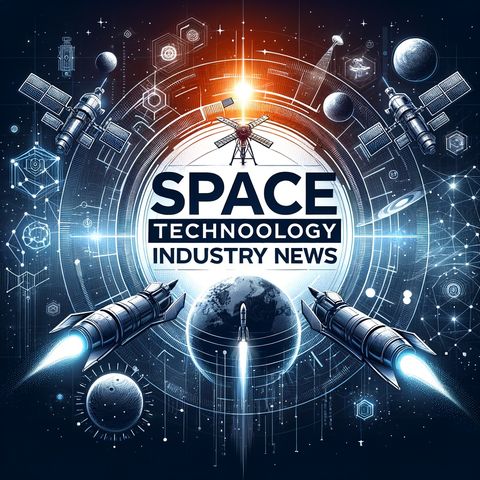The Space Tech Boom: Driving Innovation, Investment, and the Future of Exploration

Descarga y escucha en cualquier lugar
Descarga tus episodios favoritos y disfrútalos, ¡dondequiera que estés! Regístrate o inicia sesión ahora para acceder a la escucha sin conexión.
The Space Tech Boom: Driving Innovation, Investment, and the Future of Exploration
Esta transcripción es generada automáticamente. Ten en cuenta que no se garantiza una precisión absoluta.
Descripción
The space technology industry is experiencing rapid growth driven by technological advancements, increasing private sector participation, and growing government initiatives. According to recent market research, the global space technology market...
mostra másKey factors contributing to this growth include advancements in satellite technology, launch vehicles, and space exploration missions by commercial players alongside government agencies. The commercialization of space activities has opened up new revenue streams and led to increased competition and innovation within the industry. Private companies such as SpaceX, Blue Origin, and Virgin Galactic have emerged as significant players, introducing disruptive technologies, streamlining operations, and reducing costs associated with space missions[1][2].
The North American region holds the largest market share, driven by robust investments, technological innovation, and strategic partnerships. The U.S. space technology market size was estimated at USD 170.63 billion in 2023 and is projected to surpass around USD 355.51 billion by 2033 at a CAGR of 7.61% from 2024 to 2033[3].
Emerging trends include the miniaturization of satellites, the deployment of small satellite constellations, and the development of reusable rocket systems. These innovations have made technology more accessible and affordable, attracting a broader range of customers and fostering the growth of various industries reliant on space-based services[1][2].
However, challenges such as radiation damage and the corrosive atmosphere in space pose significant hurdles to the growth of the space sensors and actuators market. Ensuring the longevity and operational integrity of sensors and actuators in such environments necessitates the use of specialized coatings, materials, and design strategies[4].
Industry leaders are responding to current challenges by investing in research and development, collaborating with international partners, and leveraging advanced technologies. For instance, SpaceX has developed reusable rockets, significantly reducing launch costs and increasing the frequency of space missions[1][3].
In comparison to the previous reporting period, the space technology industry has seen a surge in private investment and commercial activities. The average investment value per funding round has increased, with over 3700 investors impacting more than 4700 companies[5].
Overall, the space technology industry is poised for significant growth, driven by technological advancements, commercialization, and increasing private sector participation. Despite challenges, industry leaders are innovating and collaborating to overcome these hurdles and shape the future of space exploration and technology development.
Información
| Autor | QP - Daily |
| Organización | William Corbin |
| Página web | - |
| Etiquetas |
Copyright 2024 - Spreaker Inc. an iHeartMedia Company
